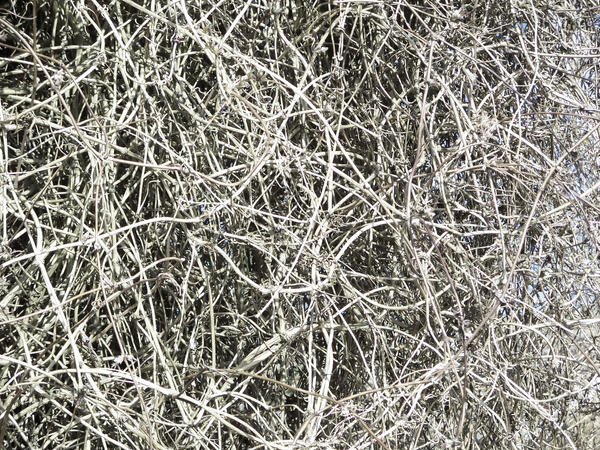So engrossed was he in his task, that he hardly registered the cold of the early morning.
He picked up the paperback.
He turned it around in his fingers, squinting for its title in the pale street-light.
Where should he cataglogue this book?
- Should it be classified in fiction or non-fiction?
- Should it be classified by size?
- Should it be classified by binding?
- Should it be classified by author?
- Should it be classified under 'T' for 'The'?
- Should it be classified under 'B' for 'Book' and the 'T' for 'The' ignored?
The growing list of questions felt ever more menacing.
The passing time, measured with each breath, was wearing him down.
Where should he put the book?
Where should he put the book?
As his anxiety reached an unbearable level, he felt himself making another unsatisfactory choice.
No it woudn't stay in the 'T''s.
No that wouldn't be the right choice.
He resolved himself to another provisional placement.
He would come back to the question later.
He would find another one which would be easier to catalogue.
He looked over at the heap of books in the box.
He looked down at the neat lines of books on the grass.
Birds were beginning to wake to the first glimmers of dawn.
He had had no time to think about getting dressed; clothes in the circumstances had seemed to him superfluous.
He had gathered together his most precious belongings.
These were the only things which were of comfort to him.
He was there....sat, hunched over on the ground, quite naked, only a few feet from the railings.
There he was....
He was a castaway, washed up, one night on a traffic island.
He could only focus on the essentials now.
He reached over for another book.
The rest would have to wait.[1]
.
Image credits
The Library at Krotona, 2014
The Current Sea
http://thecurrentseala.tumblr.com/post/85128418799/the-library-at-krotona-the-current-sea-2014
Footnotes
[1]. This post arose on reading: I. Gilchrist "The Master and his Emissary" which I quote here:
"The systematic categorising process of the left hemisphere can sometimes begin to have a life of its own..."
"'Punding' (a form of stereotypy [2]) - the mechanical and repetitive assembling and disassembling of machines, collecting and categorising of inanimate objects, such as torches, TV's, stones, boxes, and so on."
[2] Stereotypy.
http://en.wikipedia.org/wiki/Stereotypy
In animals.
Stereotypies also occur in non-human animals. It is considered an abnormal behavior and is sometimes seen in captive animals, particularly those held in small enclosures with little opportunity to engage in more normal behaviors. These behaviors may be maladaptive, involving self-injury or reduced reproductive success, and in laboratory animals can confound behavioral research.[15] Examples of stereotypical behaviors include pacing, rocking, swimming in circles, excessive sleeping, self-mutilation (including feather picking and excessive grooming), and mouthing cage bars. Stereotypies are seen in many species, including primates, birds, and carnivores. Up to 40% of elephants in zoos display stereotypical behaviors.[16] Stereotypies are well known in stabled horses, usually developing as a result of being confined, particularly with insufficient exercise. They are colloquially called stable vices. They present a management issue, not only leading to facility damage from chewing, kicking, and repetitive motion, but also lead to health consequences for the animal if not addressed.[17]
Stereotypical behaviors are thought to be caused ultimately by artificial environments that do not allow animals to satisfy their normal behavioral needs. Rather than refer to the behavior as abnormal, it has been suggested that it be described as "behavior indicative of an abnormal environment."[18] Stereotypies are correlated with altered behavioral response selection in the basal ganglia.[15] As stereotypies are frequently viewed as a sign of psychological distress in animals, there is also an animal welfare issue involved."
This reminds me of an earlier post concerning sensory deprivation:
Zootopia?

.jpg/800px-Anonymous_artists_of_the_Stone_Age_-_Panel_of_Hands_(detail).jpg)






